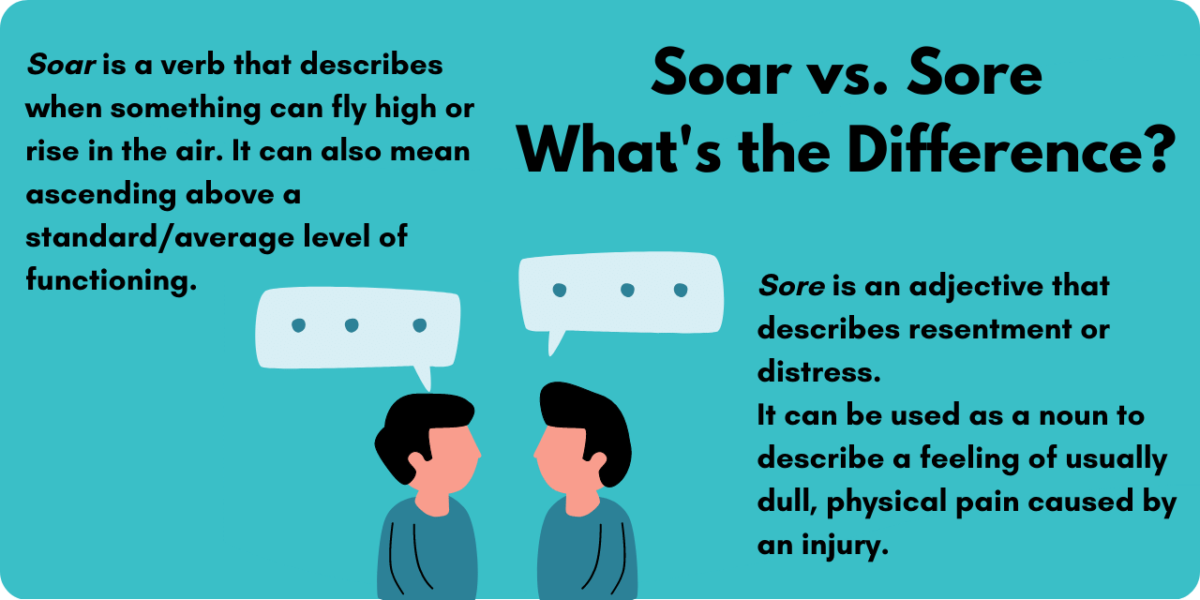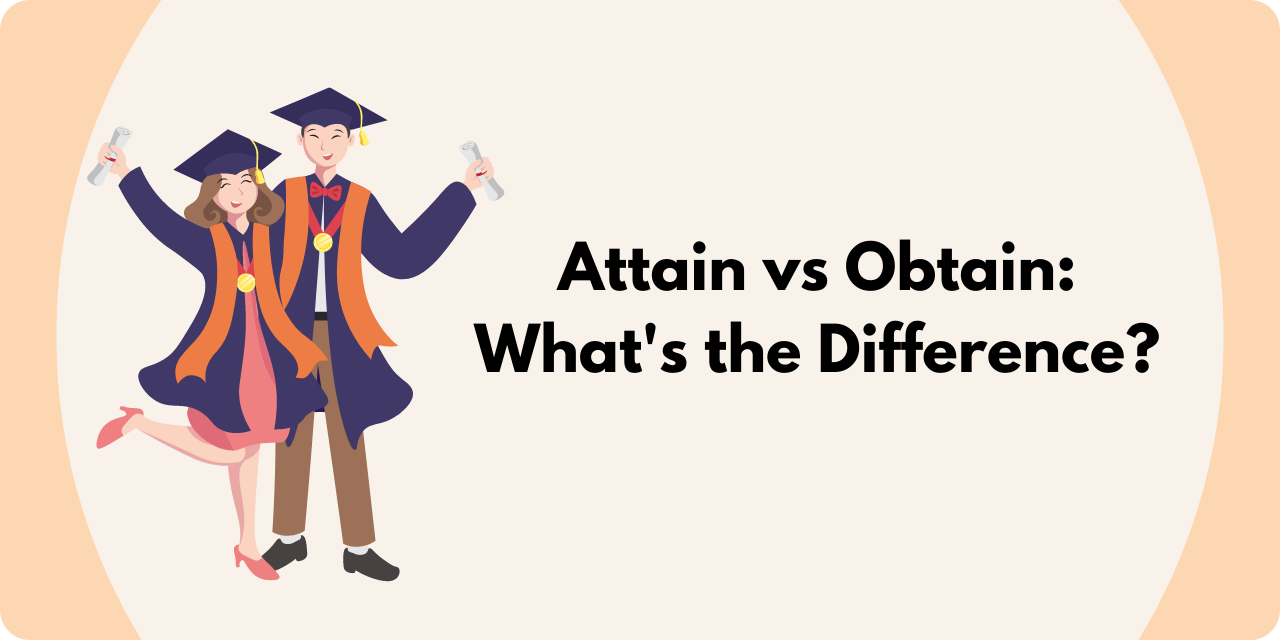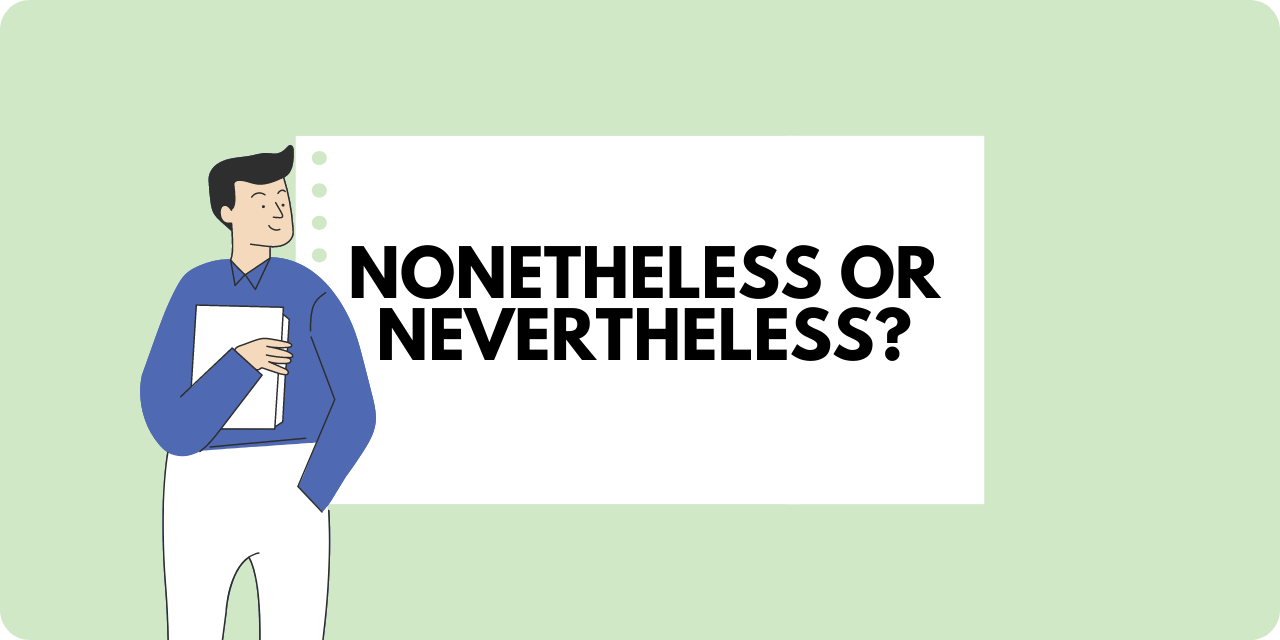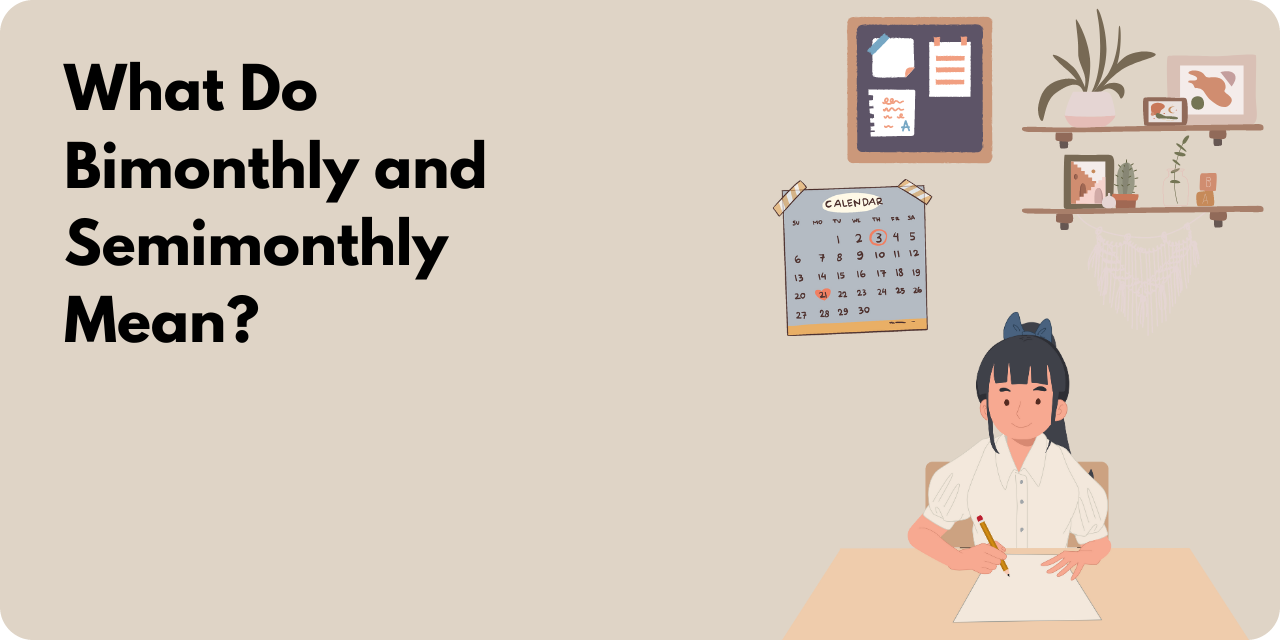Have you ever seen an eagle “sore?” Or should it be “soar?” You see, this is the issue that many writers face when trying to use these two words. They sound similar, have the same pronunciation, but have different meanings (also known as homophones), making them difficult to tell apart. So to dispel any confusion, let’s tackle sore vs soar.

Sore vs Soar
The word soar is a verb that describes when something can fly high or rise in the air. When used metaphorically, it can also mean ascending above a standard/average level of functioning. It is also worth noting that it soar is an intransitive verb, meaning it is a verb that does not take an object. The word originates from the Latin “exaurare,” which means “to rise into the air.”
On the other hand, sore is an adjective that describes resentment or distress. Additionally, it can be used as a noun to describe a feeling of usually dull, physical pain caused by an injury.
A little trivia – “sore” was actually also used as an adverb in archaic English to mean “severely,” as in “the villagers were sore afraid of the legend.”

Examples Using “Soar” and “Sore”
Here are some examples of both words being used in a sentence:
- After walking for over ten miles, my feet were laden with blisters and were quite sore.
- In the morning, I watch all the birds fly and soar above the city.
- The kids looked in awe as the magnificent kite soared in the light summer breeze.
- The day after my daughter came back sick from school I had a pronounced sore throat.
- Don’t be such a sore loser (mind this idiom, although it uses sore, it isn’t referring to a literal, but rather emotional pain).
Further reading: Chose vs. Choose, Biannually vs. Biennially, Jist vs. Gist






